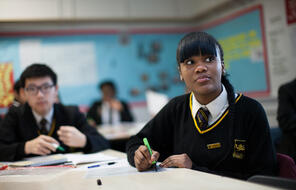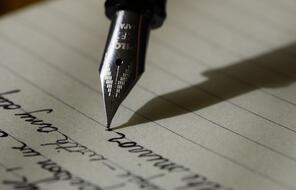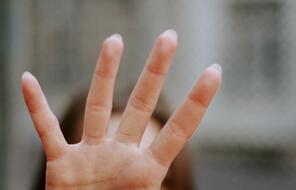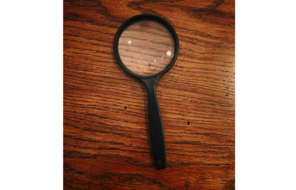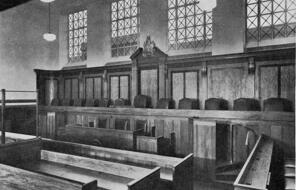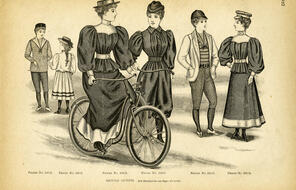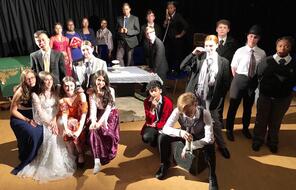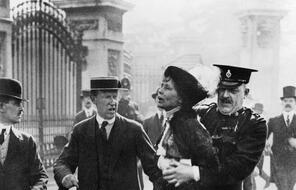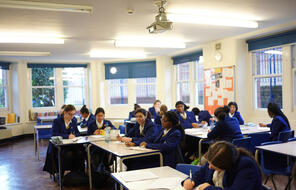The End and the Beginning
At a Glance
Language
English — USSubject
- English & Language Arts
- Human & Civil Rights
- The Holocaust
Wislawa Szymborska is a Nobel Prize–winning poet who grew up in Poland in the years between the two world wars. In this poem, titled “The End and the Beginning,” she writes of the adjustments made in the aftermath of every war.
After every war
someone has to tidy up.
Things won’t pick
themselves up, after all.
Someone has to shove
the rubble to the roadsides
so the carts loaded with corpses
can get by.
Someone has to trudge
through sludge and ashes,
through the sofa springs,
the shards of glass,
the bloody rags.
Someone has to lug the post
to prop the wall,
someone has to glaze the window,
set the door in its frame.
No sound bites, no photo opportunities,
and it takes years.
All the cameras have gone
to other wars.
The bridges need to be rebuilt,
the railroad stations, too.
Shirtsleeves will be rolled
to shreds.
Someone, broom in hand,
still remembers how it was.
Someone else listens, nodding
his unshattered head.
But others are bound to be bustling nearby
who’ll find all that
a little boring.
From time to time someone still must
dig up a rusted argument
from underneath a bush
and haul it off to the dump.
Those who knew
what this was all about
must make way for those
who know little.
And less than that.
And at last nothing less than nothing.
Someone has to lie there
in the grass that covers up
the causes and effects
with a cornstalk in his teeth,
gawking at clouds. 1
- 1Wislawa Szymborska, “The End and the Beginning,” in View with a Grain of Sand: Selected Poems, trans. Stanislaw Barańczak and Clare Cavanagh (Boston: Houghton Mifflin Harcourt, 1995), 178–80. Reproduced by permission of Houghton Mifflin Harcourt Publishing Company.
French Countryside after World War II
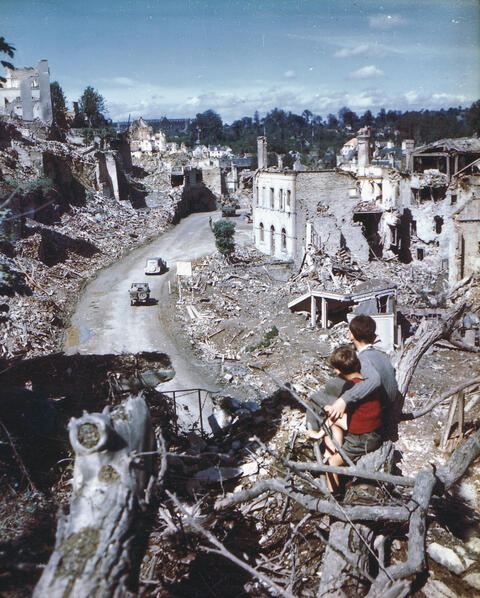
French Countryside after World War II
Two brothers look down at their devastated town in the French countryside, Agneaux, as an American military Jeep drives by. The brothers’ father was executed by the Germans in 1944.
Connection Questions
- What kinds of challenges face a society in the immediate aftermath of war or mass violence? What are some of the challenges for the generations who grow up in a post-war society?
- What images does the poem evoke? What do you picture as you read different stanzas of the poem? What imagery best represents the way you picture Europe as it looked after World War II?
- In what sense is the end of a war also a beginning?
How to Cite This Reading
Facing History & Ourselves, "The End and the Beginning," last updated August 2, 2016.

